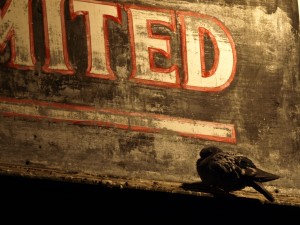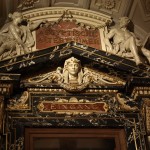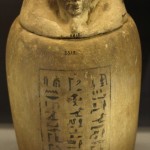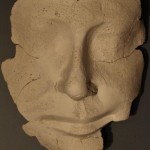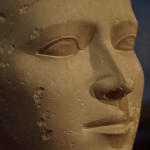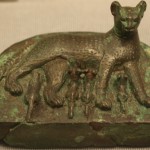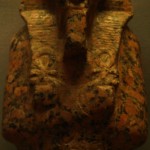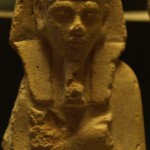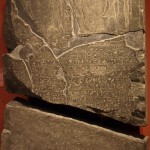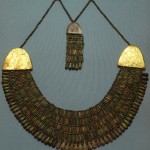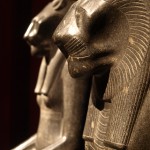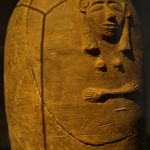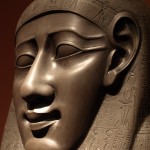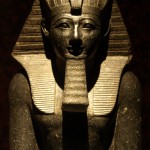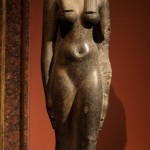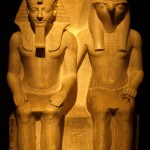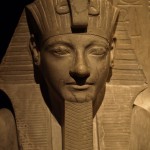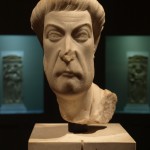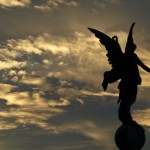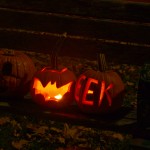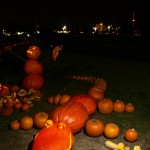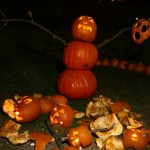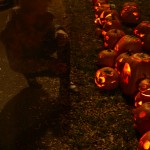My chief reason for wanting to go to the Kunsthistorisches Museum was to see its “reserve head“, one of only a few dozen in existence, dating to the Old Kingdom period of Ancient Egypt. They are roughly contemporary to the time of the pyramid builders, and are thought to depict the relatives of the pharaoh and some of his chief officials.
I first saw them at an exhibition that came to the Royal Ontario Museum over a decade ago, which was about the art from the Old Kingdom period. A subsequent visit several years later to the Museum of Fine Arts, Boston where they have several of them renewed my interest in the subject.
The appeal should be fairly obvious, in that they while they are somewhat stylized, but they are life-like and seem to reflect distinct individuals, something that is virtually unique in sculpture from that period. There are also some mysteries that have not been fully or (to my mind) satisfactorily explained, as many of the heads show distinctive patterns of deliberate damage.
In one of the articles I read about the reserve heads, it said that there were few images of all of the sculptures from the sides and back, so where possible, I try to cover that angle as well.
The Kunischistoriche Museum’s reserve head was in a glass case set on a pedestal, allowing for a 360 degree view. Here are the shots I took:
-
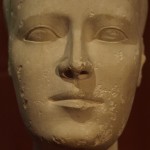
-
Reserve Head ÄS 7787: Front View
-
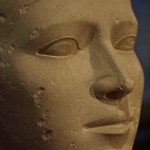
-
Reserve Head ÄS 7787: Right Partial Profile
-
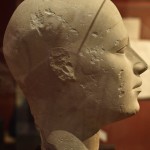
-
Reserve Head ÄS 7787: Right Profile
-
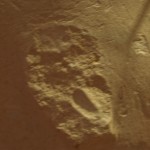
-
Reserve Head ÄS 7787: Right Ear
-
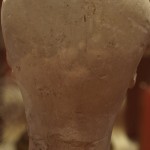
-
Reserve Head ÄS 7787: Back
-
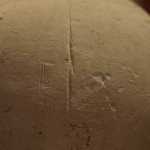
-
Reserve Head ÄS 7787: Back (Detail)
-
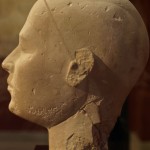
-
Reserve Head ÄS 7787: Left Profile
-
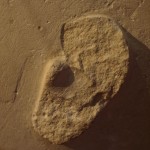
-
Reserve Head ÄS 7787: Left Ear
This particular reserve head is cataloged as: ÄS 7787, was found at entrance of burial chamber, and is thought to date from the mid- to late-4th dynasty.
Have already posted these to Wikimedia Commons, and will add a picture to the reserve head article on Wikipedia.
